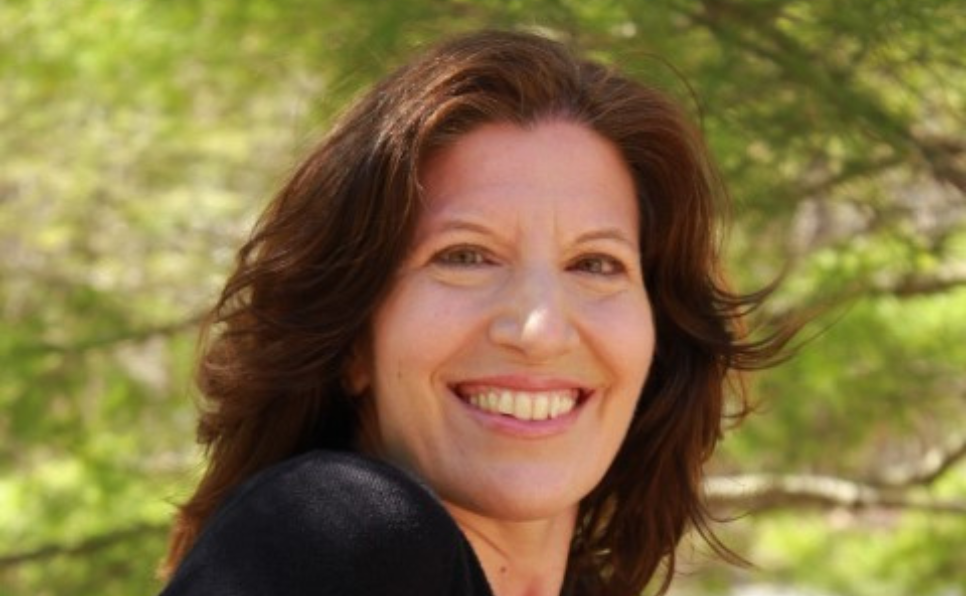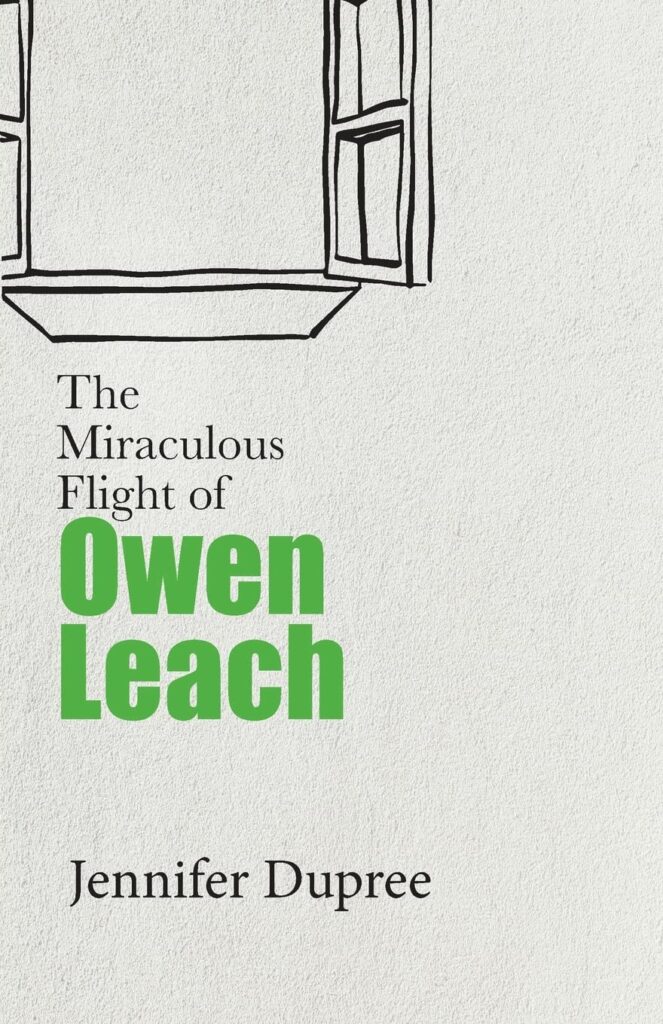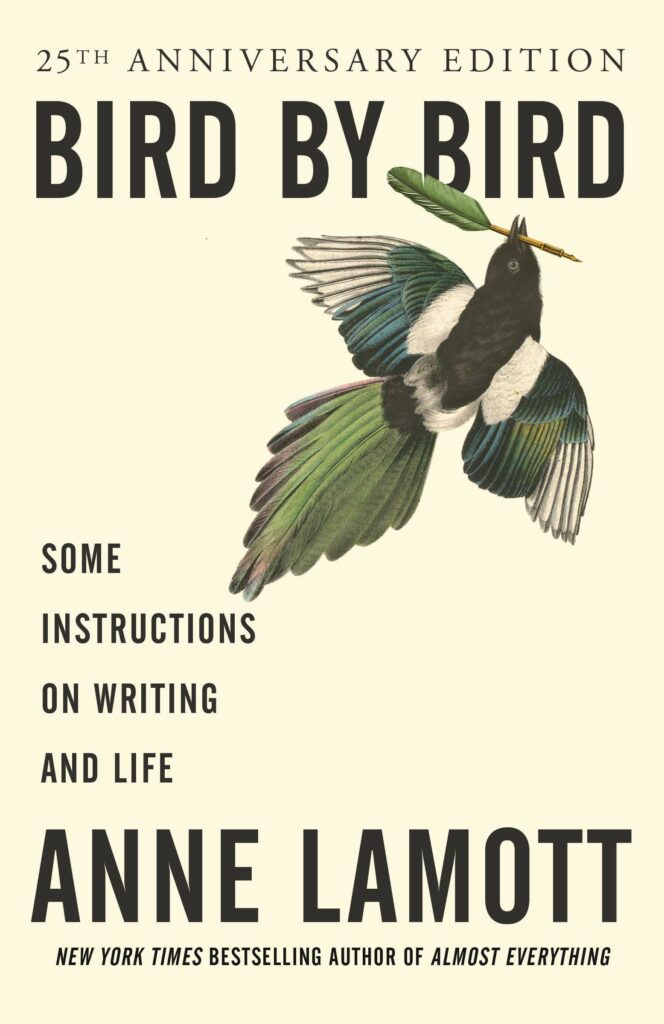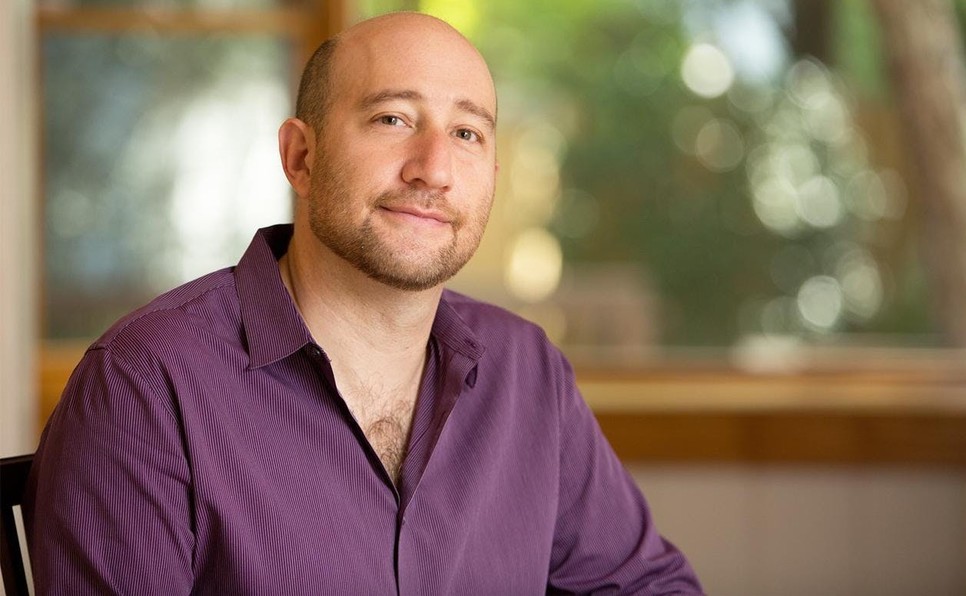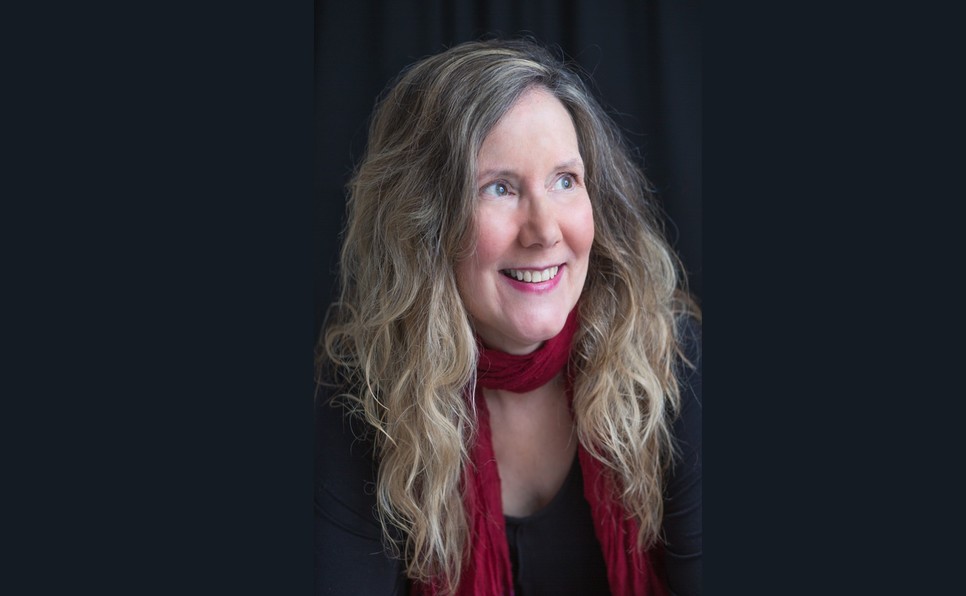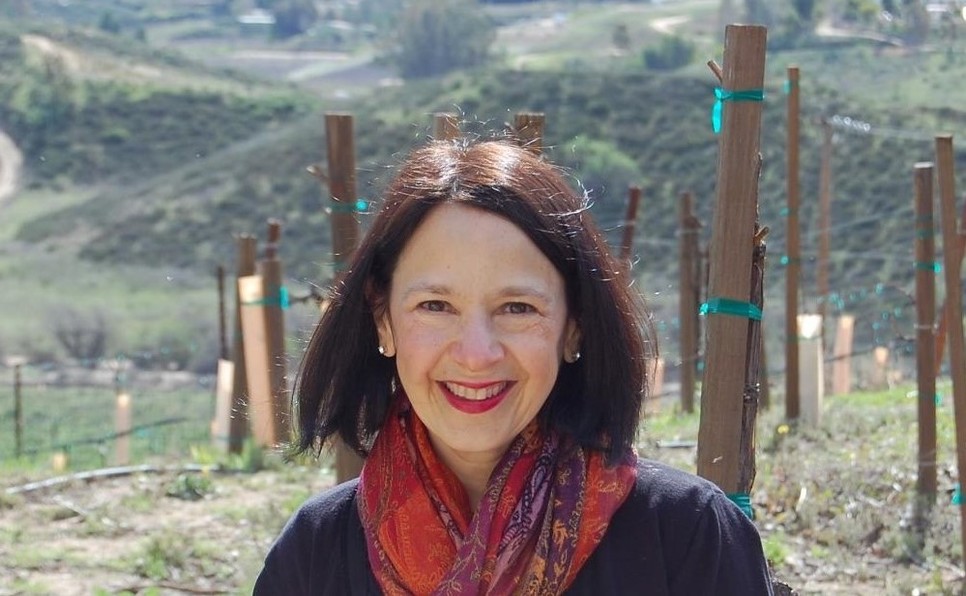During the early phases of my book tour for my debut novel, The Road to Dalton, I had the pleasure of connecting with author Jennifer Dupree. Not only is Jen a fellow Stonecoast alum (where we both had the good luck to be mentored by Aaron Hamburger); she is also a fellow Mainer AND a fellow librarian. Though our libraries are located in different areas of Maine, we have bonded over our shared experiences of trying to shelve the many, many books the James Patterson empire puts out in a year and over our love of getting stories into the hands of our communities. Jen’s love of writing and of her work as a library director is evident in the way she bubbles over with joy whenever she talks about either occupation. And that’s probably what I like best about Jen as a person and as an author—that bubbly, genuine spark.
How did you get into writing?
Oh, boy. I was always a big reader and I think, when I was seven or eight, I just started writing stories. And I never stopped!
Describe your publishing journey
I don’t have an agent right now. I had one when I graduated from my MFA program, and I found her the old-fashioned way—I queried about sixty agents until I found someone who wanted to represent me. She sent my novel out on a few submission rounds and had no success. She understandably wasn’t interested in pitching it to indie presses, and so we parted ways (amicably). She was willing to stick with me while I wrote something else, but the pressure to produce got in my head. After my agent and I parted ways, I sent the manuscript out to two or three small presses. Apprentice House was the first to show interest, and I really liked their model. They are an entirely student-run press. Working with students was fun—the process was very collaborative and everyone was enthusiastic and supportive.
Can you speak about the process of publishing through a small indie press? Any advice for authors considering taking this direction?
After I parted ways with my agent and realized it’s hard to find a second agent for the same project, I started to submit to small presses. I was thrilled when Apprentice House said they wanted to publish The Miraculous Flight of Owen Leach. They did a developmental edit and that process was, I imagine, much the same as working with a bigger publisher, meaning that we worked together to make the book the best it could be. I also got a large say in the layout of the text, the font, and the cover design, which is something you don’t usually get with a larger press and was something I really enjoyed.
They don’t copy edit, though, so I relied on friends and family to catch any mistakes I missed. I think that would be my biggest piece of advice—if you aren’t good at copy editing and you don’t know anyone who is, hire someone. It can be so hard to see missed words or comma splices in your own work, and it can really make a book seem unprofessional if it isn’t caught and fixed.
Do you have a PR team who helps you market your book, or do you manage events and marketing yourself?
I had a student assigned to do marketing (Apprentice House is student-run), but she didn’t come through for me. Which is probably one of the bad things about working with students. I was lucky enough to have a lot of connections in the library world and bookselling world, and so I did all my own marketing, scheduling, social media marketing, etc. It’s frankly exhausting, and it takes away from the time I have to actually write. But I feel like it’s a trade-off for more creative control over the project.
What was the inspiration behind your novel, The Miraculous Flight of Owen Leach?
I was looking for an idea for a novel when I started my low residency MFA. Up until then, I’d written only short stories, and I wanted to try something longer when I knew I’d have the support of mentors. I read a newspaper article about a woman who threw a baby out a window and he landed on a mattress and I just really needed to know what happened after that. I took that story and ran with it, but embellished it by having the baby caught by another person, a person who has her own complications. In the end, I wrote each chapter as if I was writing a short story, but I like how they weave together.
What is your writing routine?
I wish I had a routine! I have a full-time job as a library director and a part-time gig as an assistant editor for a literary magazine, plus a husband, a house, a dog, and all the other things that make up a life—so I write when I can. I’ve tried in the last year or so to have a rule that I touch my project every day—but sometimes I just can’t make that happen. I prefer to write in the mornings, and all my early drafts and problem-solving work happens long-hand.
Who are your literary inspirations?
I read really widely, so my influences shift and change. The writer I want to be most like is George Saunders—I love that his writing is funny and heartbreaking and has a ton of empathy and warmth. Early on, I was very influenced by Kafka and Faulkner, later my influences became more contemporary writers like Lorrie Moore and Claire Keegan.
How do you separate the business end of writing from the craft?
I try to set aside different time slots to tackle different things. Updating my author website, setting up events, deciding what to wear to events—all that stuff I save for later in the day, usually when I get home from work. I’m not creative after work—I’m just too tired and my brain can’t work that way. I’m already in business-mode, so that’s when I do the business of writing stuff.
We both attended the Stonecoast MFA program. Would you recommend an MFA to aspiring authors?
That’s a great question. I don’t think anyone needs an MFA to write, but I needed to give myself the gift of time. Even though I still worked while at Stonecoast, I was able to really dedicate myself to writing for those two years. Also, I really found my tribe. I don’t know about you, but I always felt a bit odd. At Stonecoast, I found the people who accepted me, and I made lifelong friends.
We both work in libraries. How has your experience in that environment influenced or informed your work as a writer? Do you feel being a librarian has given you insight into the strange world of publishing?
Just yesterday, I was getting my book order ready and—this happens every month—I was completely overwhelmed by the number of titles being published. It’s hard not to feel redundant—I mean, what can I possibly have to say that hasn’t already been said? On the other hand, every day I interact with readers—people who are so enthusiastic about books—that it’s hard not to just be glad there is so much out there.
As a librarian, can you please assure everyone that people still read books?
People still read and are excited about reading. Since I started at the library where I work now, I do a year-end thing where I ask patrons to send me their favorite five or ten books they read in the past year. I make little Facebook videos of their answers. It’s become so popular—not just people who want to see the posts, but people who want their recommendations made into videos. That says a lot about the fact that people are reading and connecting through books.
What’s something that might surprise people to learn about libraries? What has most surprised you as a librarian?
How many books James Patterson has? (haha). Seriously, so many things surprise me—how much tech help I need to give people is one thing I was not prepared for. How much math I have to do as a library director (I hate math). But also how much libraries are about community. I really love it when I’m at the desk and people who haven’t seen each other run into one another and hug and talk and are just so happy to reconnect. It’s very heart-warming to witness these small moments and know that we’ve created a space in which there’s room for them to happen.
What books about writing do you recommend?
Nothing tops Bird by Bird by Anne Lamott.
What keeps you sane?
I exercise every day, without fail. I run, hike, swim, do yoga—whatever. One hour, every day. I think it’s important to be grounded physically, at least for a little bit of the day—because I spend so much time in my head.
What does success look like to you?
I love that question. Success is doing good work—which sounds cheesy, but I really mean it. When I can delight myself with a story or chapter or, heck, even a sentence, I feel successful. (Maybe this is why I will never be rich…)
Will you stick with publishing with an indie press, or will you explore other options for future work?
That is the question I’m struggling with at the moment. I loved working with an indie press, but I didn’t make a whole lot of money, and I did kind of burn out on the marketing side of things. I also feel like I maybe didn’t do a great job marketing and that a professional would do better. That said, I know a lot of large presses don’t do all that much marketing anymore, and so I’m not sure it would be better or different.
On the other hand, rejection is hard. For my first book, I queried sixty agents before landing one. And then she couldn’t sell the book (which I didn’t even know was a thing until it happened to me). If I look for an agent again, I risk all that rejection again. I can still get rejected by plenty of indie presses, don’t get me wrong. I just feel like it might cut out one layer of rejection.
What advice do you wish you’d listened to or ignored?
Hmmm….I don’t know. I tend to be stubborn and often plow forward without heeding good advice, but I usually come around. And I’m happy where I am, so I guess whatever mistakes I made along the way got me here. The only thing I really wish is that I’d been an English major in college (my undergraduate degree is in healthcare). I wish I’d had more time to read and discuss literature. But then I wouldn’t have had the career path I did, and I wouldn’t have met the people I’ve met along the way—so, it’s hard to have regrets.
What advice would you give aspiring authors?
If you love writing, write. Don’t let anyone tell you not to. Don’t buy into the idea that you have to suffer to write. And read as much and as widely as you can. And celebrate every success—big or small, because they don’t come often!
About Author Jennifer Dupree
Author Jennifer Dupree is a librarian, assistant editor for The Masters Review, and former independent bookstore owner. She has an MFA from the University of Southern Maine’s Stonecoast program. Her novel, The Miraculous Flight of Owen Leach, debuted in April of 2022. Her stories and essays have been published or are forthcoming in Be Wilder: A Word Portland Anthology, Solstice, December, The Masters Review, The Lascaux Review, and other places. She has won a Maine Literary Award for both short non-fiction and short fiction (2022, 2006) as well as the Writer’s Digest fiction contest (2016).
Recommended reading
Here at Aspiring Author, we love recommending bestsellers and fawning over hot new releases. On this real time recommended reading list, you will find a list of top rated books on the publishing industry, craft, and other books to help you elevate your writing career.

